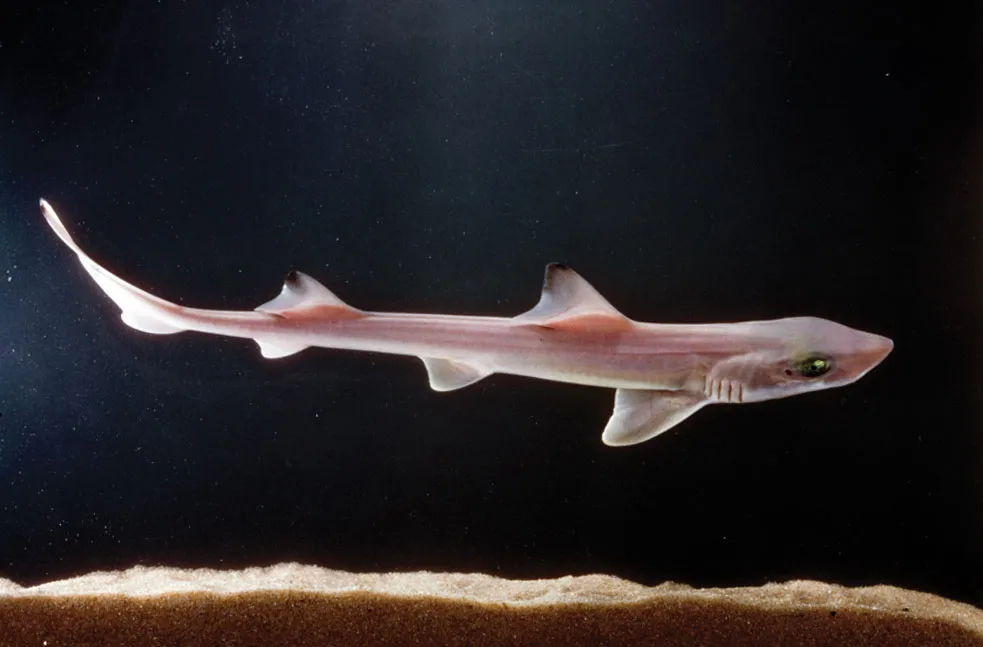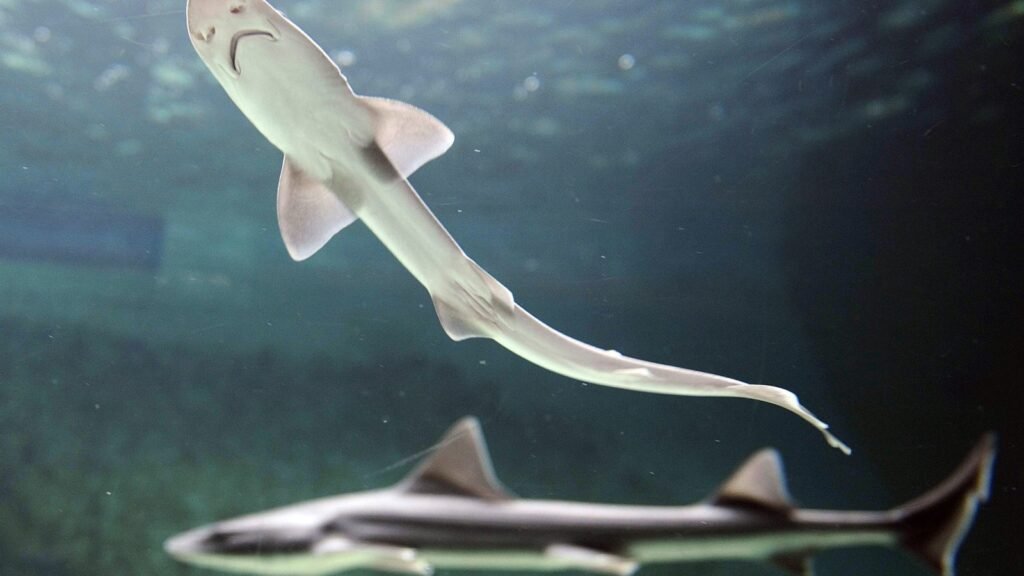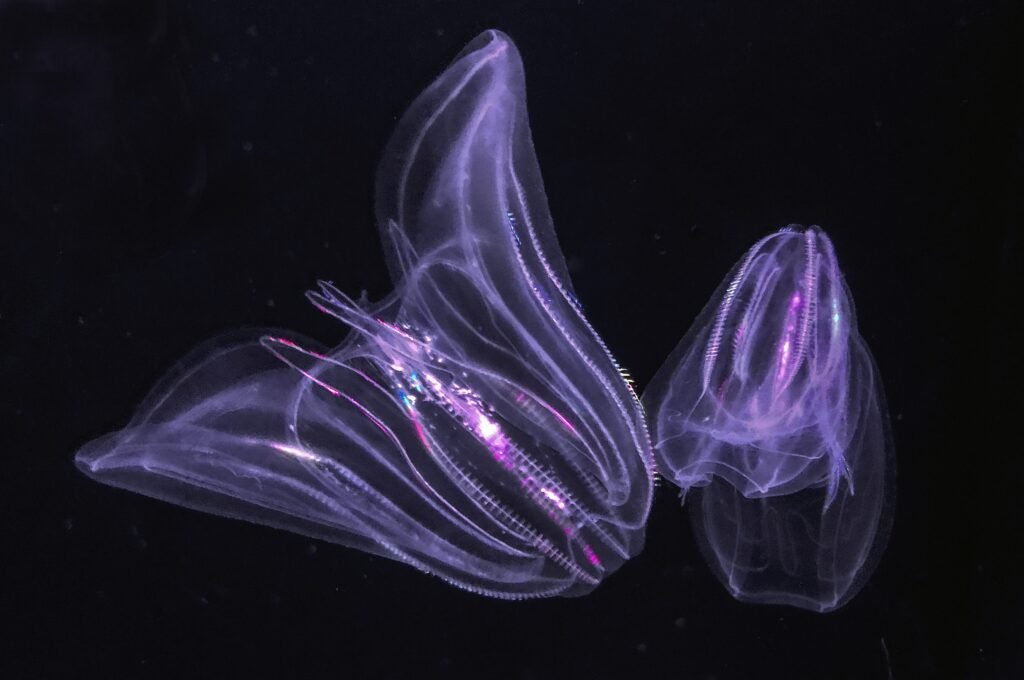Female sharks produce babies without males
New research by Italian scientists shows female sharks produce babies without males in Mediterranean, Italy. It is the first case of “virgin birth.” It is a type of reproduction in which a vulnerable shark species can reproduce without fertilization of a male egg.
Scientific reports published by Italian researchers revealed this first-ever observation of this biological process. It is present in the common smoothhound shark species, scientifically known as “Mustelus mustelus or M.mustelus”.This species is found in the Mediterranean and other temperate waters.

A research team from the Experimental Zooprophylactic Institute of Piedmont, Liguria, and the Aosta Valley observed a unique biological mechanism of virgin birth on two 18-year-old female M. mustelus sharks.
Italian researchers studied these two sharks housed in Cala Gonone Aquarium for 13 years since 2010 to explore their reproductive potential.
Hence, they noticed these female sharks could produce babies without males through this reproductive process. This research shows that parthenogenesis occurs annually in these sharks.
Parthenogenesis is an asexual reproduction type in which the growth and development of an embryo occur from an egg without fertilization. So, it eliminates the possibility of long-term sperm storage in these sharks.
US, UAE, and Australia Aquariums have observed the same parthenogenesis phenomena in different shark species within the last 20 years.

Click here to read the updates on scientists found alien species with 20 arms in the Antarctic Ocean
Over 15,000 species engage in cycling parthenogenesis, a reproduction in which offspring can be produced from fertilized or unfertilized eggs. Even though it is common, not everyone understands it completely.
Parthenogenesis is more commonly observed in invertebrates, although it has not been seen in mammals yet. The researchers noted that some sharks and reptiles can modify their adaptive strategy based on their surrounding circumstances.
However, the mechanisms of driving parthenogenesis remain unclear. The scientific community also believes that male production reduction could be a “crucial factor” for this mechanism.
Read More:
- Sea creature turns into a baby when it is stressed out showing time travel
- Realme Narzo 70 Turbo 5G launch date, features, specifications & price
- European Space Agency printed 3D metal part in space for first time
- Earth’s mysterious Alaska triangle where over 20,000 people disappeared
- Philips Hue launched a new smart lighting solution for kitchen
- NASA to launch life-searching spacecraft to Jupiter’s moon Europa
Share this content:










Post Comment